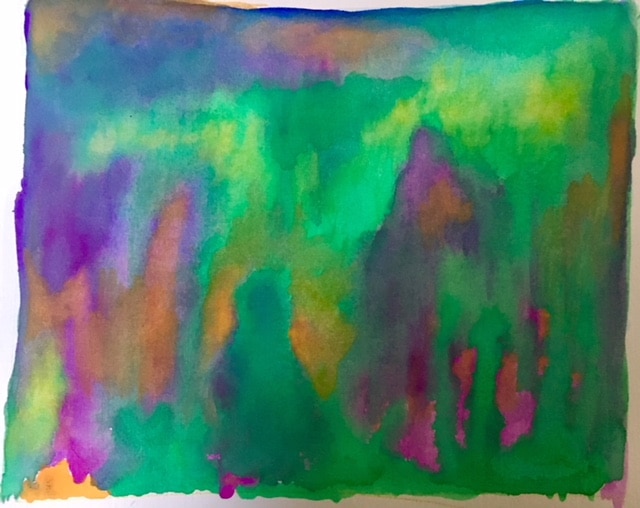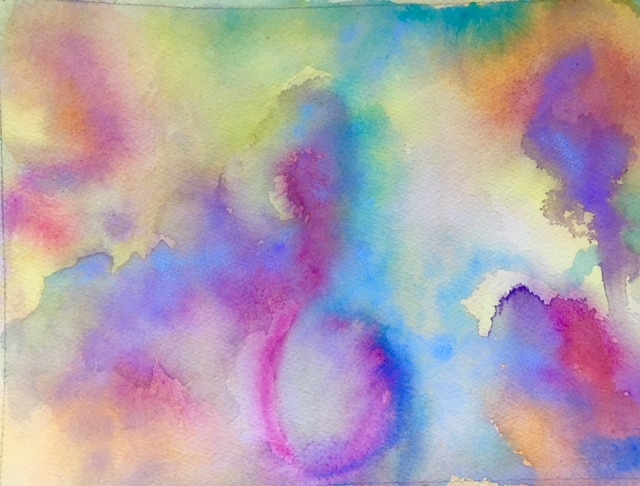Addiction Definition: The Implicit Memory Connection
Addiction Definition
Addiction definition, as we have defined it over the past 75 plus years is as a disease that primarily blames the drug or alcohol and recently includes social and environmental factors as having influence. A huge problem with this model is that only 1 in 5 people using an “addictive” substance develop an addiction to it. How do we account for that if it is the substance that is addicting?
Addiction Definition and Theories Surrounding It
Blaming the drug has resulted in treatment and support that works well only 20% of the time. An 80% relapse rate has costed families their mortgage and retirement only to see their loved one then relapse one week out of an expensive rehabilitation center (relapse is 90% that first week). The result is an industry worth $billions complete with repeating customers. That is why addiction providers will not read this or do their best to ignore it, or even quash it.
There is a much more serious issue at hand than money however. The toll on human suffering and lives lost to addiction is continuously climbing to new levels and it is time the addiction community start to look at any exception to status quo that provides a ray of hope in improving outcomes.
The following theory has been developed over several years of clinical experience working with actively using people addicted to drugs and alcohol, primarily IV Heroin. My theory hypothesizes that implicit memory has connection to dependency to drugs and alcohol and EMDR (Eye Movement Desensitization and Reprocessing) Psychotherapy can break that connection and eliminate physical dependency in as little as one session evidenced by the immediate absence of both cravings and withdrawal permanently.
Implicit memory is a type of memory that stores memory in a fixed permanent way, yet available to trigger fight flight reactions for survival. The experience of PTSD is implicit memory activation. There are ideas about ourselves embedded within implicit memories and often people are not aware that these ideas are at work possibly from a young age to keep us from feeling loved or happy.
They may even be driving depression and anxiety. Once Implicit memories are manifested a few times the brain makes an adaptive change. It will easily manifest implicit memory for any distressful or extreme emotional state. The patterning of manifesting implicit memory occurs only in the 20% of the population who have experienced trauma, or attachment issues growing up such as emotional neglect. Non-violent attachment traumas manifest implicit memory as well as violent traumas. This is why only 1 in 5 are at risk to develop addiction, it is the same 1 in 5 who have suffered mis attachment or trauma.
Symptoms of mis-attachment and /or trauma can be anxiety and/or depression. If someone has these symptoms, they are likely to see a prescriber (psychiatrist or nurse practitioner) and be prescribed an anti -anxiety class of controlled medications, called benzodiazepines. Such are controlled substances as there are known to be “addictive”. Some trade names are Valium, Xanax, Ativan and Klonopin. Prescribing a controlled substance to someone prone to addiction is committing mal-practice.
When implicit memory is targeted with EMDR therapy, the memory is deconsolidated (temporarily removed from a fixed state) for 4-5 hours. During that time the memory is exposed, associated like memories may flood in and desensitization takes place followed by meaning change. When an implicit addiction memory is deconsolidated the individual floods with positive using memories, the memory of high craving and getting high desensitize, followed by meaning change (I don’t desire or need to use). Result is continued sobriety, no detox or rehab; continued work on causal events.
If you are looking for an addiction definition, then you came to the right place. I have helped hundreds of people that suffer with addiction, and I can help you as well. Contact me today to get your first appointment scheduled.

